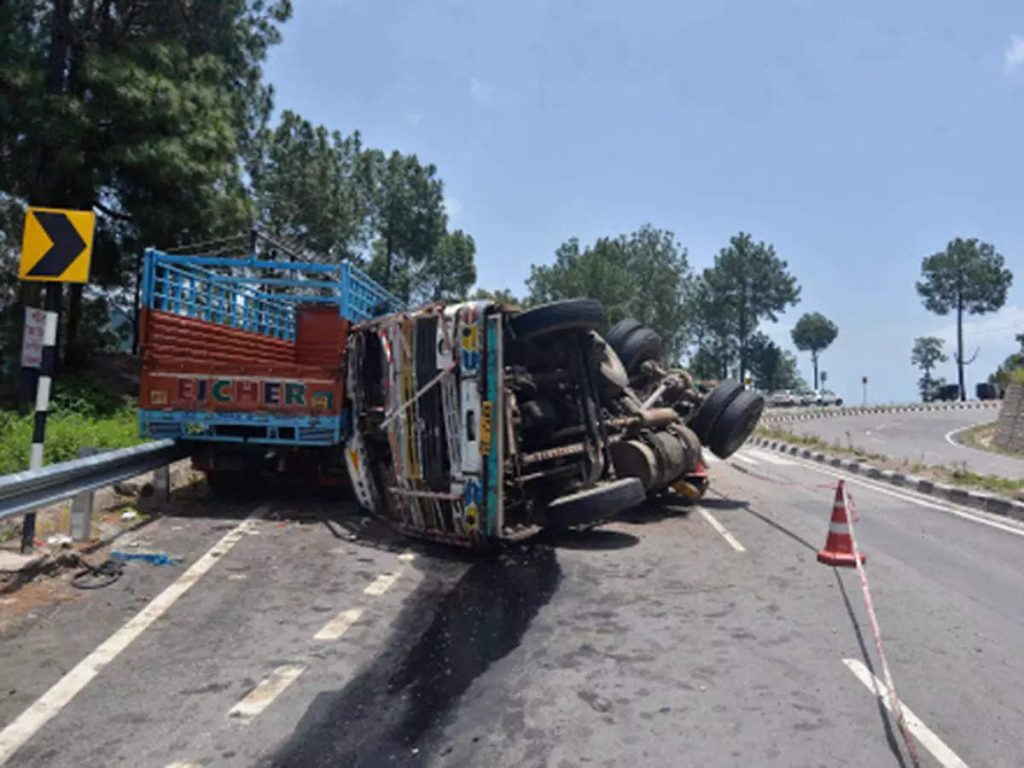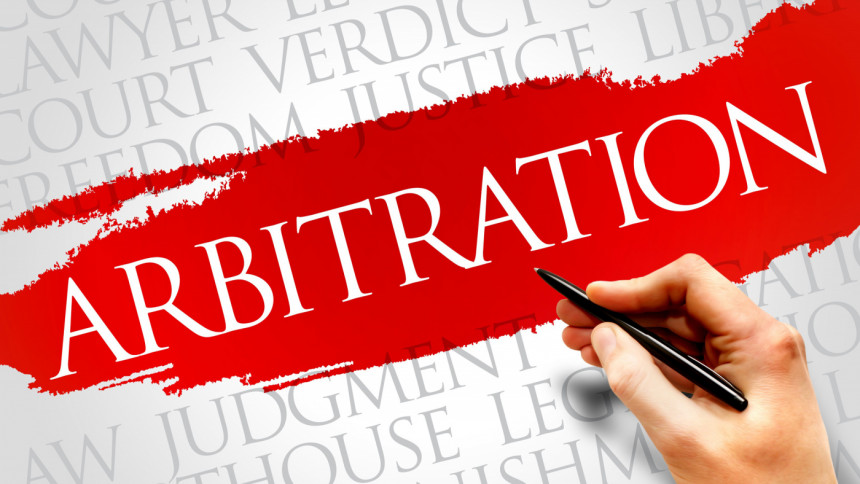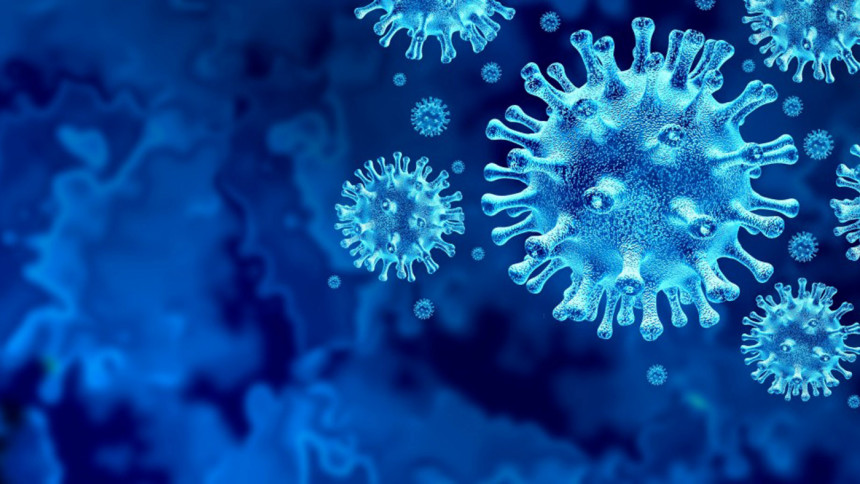We need our health-care workers more than ever before, but that does not give us the right to make inhumane demands of them that may be tantamount to human rights violations. Moreover, given the dire shortage of healthcare workers in Bangladesh, even if they were to voluntarily embrace martyrdom, it would be disastrous for us in the long run. Bangladesh Doctors Foundation announced earlier that around 100 healthcare workers, including 54 doctors, have already been infected with coronavirus in the country. We need healthcare workers alive and well. We need them in numbers.
Article 32 of the Constitution of Bangladesh guarantees for every citizen the right to life, which has been widely interpreted to include the right to health. This right, which forms the constitutional basis for our right to be tested and treated for Covid-19, also forms the basis on which a healthcare worker can refuse to treat Covid-19 patients if he or she is not given adequate personal protective equipment (PPE).
The right to health has been recognised in a number of international instruments including the 1966 International Covenant on Economic, Social and Cultural Rights, which most countries, including Bangladesh, have adopted. Under the above instrument, everyone has the right to “the highest attainable standard of physical and mental health.” Governments are obligated to take effective steps for the “prevention, treatment and control of epidemic, endemic, occupational and other diseases.”
Though our Constitution does not specifically guarantee the right to health as a fundamental right, the same has been held to form part of the right to life through judicial pronouncements, both here and abroad. Furthermore, Article 15 of our Constitution states that it shall be a fundamental responsibility of the State to secure for its citizens the provision of basic necessities of life including food, clothing, shelter, education and medical care. Additionally, Article 18 states that the State shall regard the raising of the level of nutrition and the improvement of public health as among its primary duties. These are fundamental to the interpretation of our Constitution and must be applied by the State in formulating laws.
The Supreme Court of India, following a petition filed by a doctor, directed India’s Health Ministry to ensure availability of PPE for doctors, nurses, and all medical and paramedical professionals. The court also directed the Government to explore all alternatives for augmenting domestic production of PPE, to explore the different modes of production, permit movement of raw material, and consider restricting export.
Medicine is indubitably a humanitarian profession. Some argue that by freely entering into the profession, healthcare workers have implicitly agreed to accept the risks. Medical Societies support this somewhat idealistic viewpoint. Others point towards ethical obligations on doctors contained in lofty ethics manuals. For example, the Ethics Manuals of the American College of Physicians states that “the ethical imperative for physicians to provide care” overrides “the risk to the treating physician, even during pandemic”. The American Medical Association asserts that “individual physicians have an obligation to provide urgent medical care during disasters,” emphasising that this duty persists “even in the face of greater than usual risks to physicians’ own safety, health, or life.” As for our very own Bangladesh Medical and Dental Council’s Code of Ethics, while it does not contain a similarly worded ethical obligation, our doctors have to make the following declaration under the Code: the health of my patient will be my first consideration. So, questions arise as to whether there is a direct conflict between the constitutional right to life and health of a healthcare worker and his or her ethical obligation to provide care even during a pandemic.
The imminent and extreme risk to which our healthcare workers are going to be exposed in the coming days cannot be equated with the usual risks associated with the profession. The risk of transmission, as we all know, is very high. Add to that, the dire shortage of PPE and testing kits. And then there is the mental toll a pandemic takes on healthcare workers from the knowledge of imminent risk of infection without PPE, from being overworked and from being separated from their families for fear of infecting them.
Even if our doctors have an ethical obligation to provide care during a pandemic, surely that obligation does not override the imminent and extreme risk to not only the treating doctor or nurse, but also their families. Otherwise, we are just trading one life for another.
In view of the above, coercing our healthcare workers to treat Covid-19 patients without PPE is tantamount to violating their right to life and health. From a constitutional rights perspective, hospitals and clinics, or for that matter the Government, cannot coerce them to give treatment under such circumstances. It is a constitutional obligation of the Government to uphold their right to life and health by responding to the dire shortage of PPE in a robust fashion and doing so quickly.
Given that this is a problem shared by almost every other nation affected by Covid-19, we may learn from the strategies adopted in other countries to optimise the supply of PPE. These include creation of local supply chains to manufacture PPE in bulk, incentivising local industry to ramp up production, prohibition of export of PPE, increase of import of PPE and raw materials for PPE. At the hospital level, it is time to get creative and shore up hospitals’ stock of PPE by, say, delaying all elective surgeries and non-essential medical and surgical procedures.
If we expect our doctors and nurses to ultimately honour their professional obligation to care for Covid-19 patients, we, as a society, must also honour our obligation to protect them through measures like social distancing and the Government must honour its obligation to provide PPE. The Government should also consider setting up social protection programmes for the families of workers who die or become ill as a result of their work. Care must be taken to ensure that such programmes also include informal workers, who represent a large part of the caregiving sector.
Let us not name and shame our doctors and nurses. Let us not point a gun to their heads. It is important for them to know that we care what happens to them; that we are not trading their lives for ours. After all, no human life is more valuable than another.






